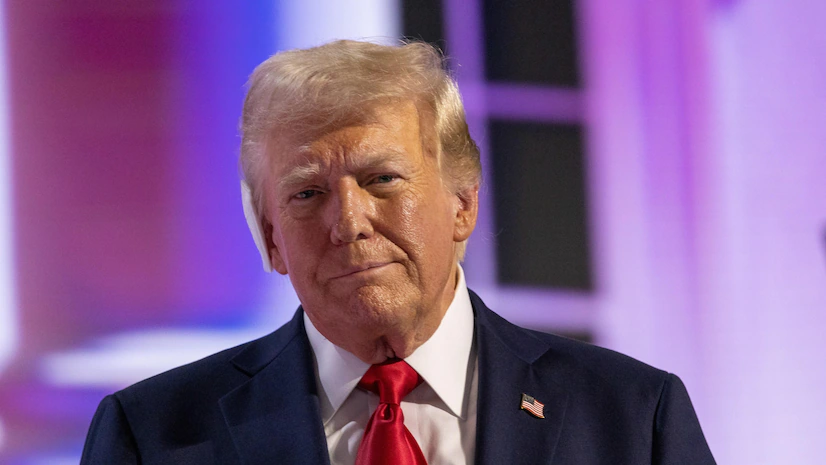South Korean companies are reconsidering their ambitious $54 billion investment to build electric vehicle (EV) battery plants in the United States due to concerns that President-elect Donald Trump may revoke key tax credits for EVs.
Some firms have already slowed or paused the construction of new plants amid fears of reduced EV demand and potential policy shifts under Trump’s administration, according to sources familiar with the matter. Posco Future M, a major supplier for General Motors, recently announced delays in completing its Quebec plant, citing “local conditions.”
Uncertainty Over Tax Credits
Many South Korean companies are anxious about how much Trump might cut government incentives for the EV industry, said Kenny Kim, CEO of Seoul-based SNE Research. These tax credits, introduced under the Biden administration’s Inflation Reduction Act (IRA), have played a crucial role in driving investment into EVs. However, Trump has criticized Biden’s EV subsidies and may eliminate the $7,500 consumer tax credit, according to a recent Reuters report.
If Trump moves to end these incentives, it could undo efforts to reduce reliance on Chinese supply chains, threaten thousands of U.S. jobs, and significantly impact South Korean firms, which have been key partners in the EV supply chain shift.
The Stakes for Korean Firms
South Korea’s top battery makers—Samsung SDI, LG Energy Solution, and SK On—have announced 15 battery plants in the U.S., many of which were planned after the IRA was signed in 2022. These investments aim to create over 20,000 jobs in states within the so-called “battery belt,” stretching from Michigan to Georgia.
LG Energy Solution has already booked $773 million in IRA credits this year, while SK On received $211 million. Despite these incentives, both companies have reported operating losses, driven by weak EV demand and plummeting battery prices, with lithium prices falling nearly 90% since 2022.
A Potential Opening for China
Korean firms are also concerned Trump might ease restrictions on Chinese battery makers, allowing companies like CATL to establish operations in the U.S. The IRA currently restricts sourcing from “foreign entities of concern,” effectively limiting China’s role in the U.S. market. However, if these barriers are lifted, Korean companies fear price competition could be devastating.
“China’s entry into the U.S. market would be a disaster for Korea,” said Park Chulwan, an automotive engineering professor at Seojeong University. “Chinese battery firms could offer much lower prices.”
Optimism and Strategic Importance
Despite concerns, some industry leaders remain optimistic that battery-related credits will remain intact, as most of these plants are in Republican-led states. Pat Wilson, Georgia’s Economic Development Commissioner, emphasized that the U.S. remains a critical market for Korean companies regardless of administrative changes.
“The U.S. market is still the most important consumer market in the world,” Wilson said. “Korean companies understood this before the Biden administration, and it will remain true under the next administration.”
While uncertainties loom, Korean firms are closely monitoring Trump’s statements and preparing to adjust their strategies if necessary, as the future of the EV industry hangs in the balance.





Leave A Comment